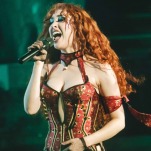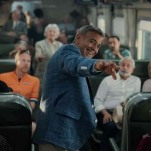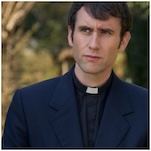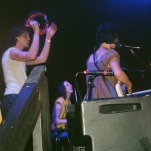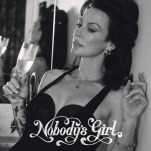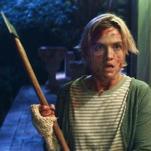A Brief History of Olympic Drinking
Photos courtesy Getty Images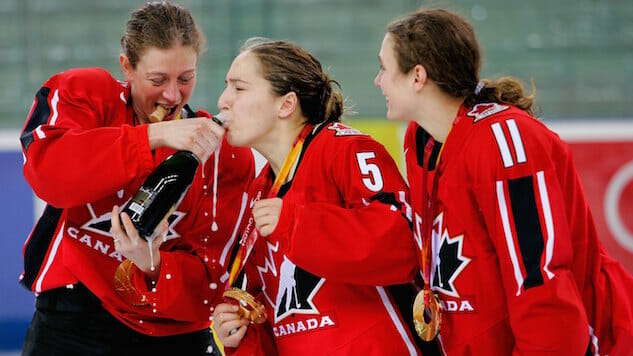
The Beer Mile may not be an Olympic sport—yet—but alcohol is as much a part of the history of the Games as the torch relay or doping allegations. Though the competitors in Rio probably won’t drink during competition, booze has a surprisingly rich history at the Olympics.
The first modern Olympiad was held in Athens in 1896. The grand finale of the games was to be the marathon, a retracing of the 20-something-mile run of Pheidippides, who brought news to Athens that its army had defeated the Persians at Marathon in 490 BCE. The Greek hosts were very excited for this event, and the fact that Pheidippides collapsed and died immediately after delivering the news was apparently not enough to dampen their enthusiasm.
Indeed, several runners reportedly died training for the first marathon. That makes it all the more surprising that the event’s first winner, Spiridon Louis, was so casual about the whole thing.
The Greeks weren’t doing too well in the medal count. A loss in the marathon, a quintessentially Greek competition, would have been the honey on the baklava of their national embarrassment. But as the race got underway, Spiridon Louis didn’t let this pressure, or the fact that he was nowhere near first place, stop him from having a good time. When he reached the town of Pikemi and his future father-in-law offered him a glass of cognac, he graciously accepted.
After finishing his drink and assuring onlookers that he would win, Louis resumed the race. The Greeks at the finish line were despondent after a messenger reported that a Hungarian was leading the race, but Louis was running with a purpose and soon caught up. He moved into first place with a few miles to go, and the erstwhile leader promptly collapsed from exhaustion.
The Greeks went crazy when Louis crossed the finish line, escorted by Crown Prince Nicholas and his brother. The ensuing swell of national pride is credited with showing the world the inspirational power of the revived Olympics. I’d like to think that without Louis’ triumph the whole thing wouldn’t have caught on.
Thankfully, it did. So did drinking during the marathon.
-

-

-

-

-

-

-

-

-

-

-

-

-

-

-

-

-

-

-

-

-

-

-

-

-

-

-

-

-

-

-

-

-

-

-

-

-

-

-

-

